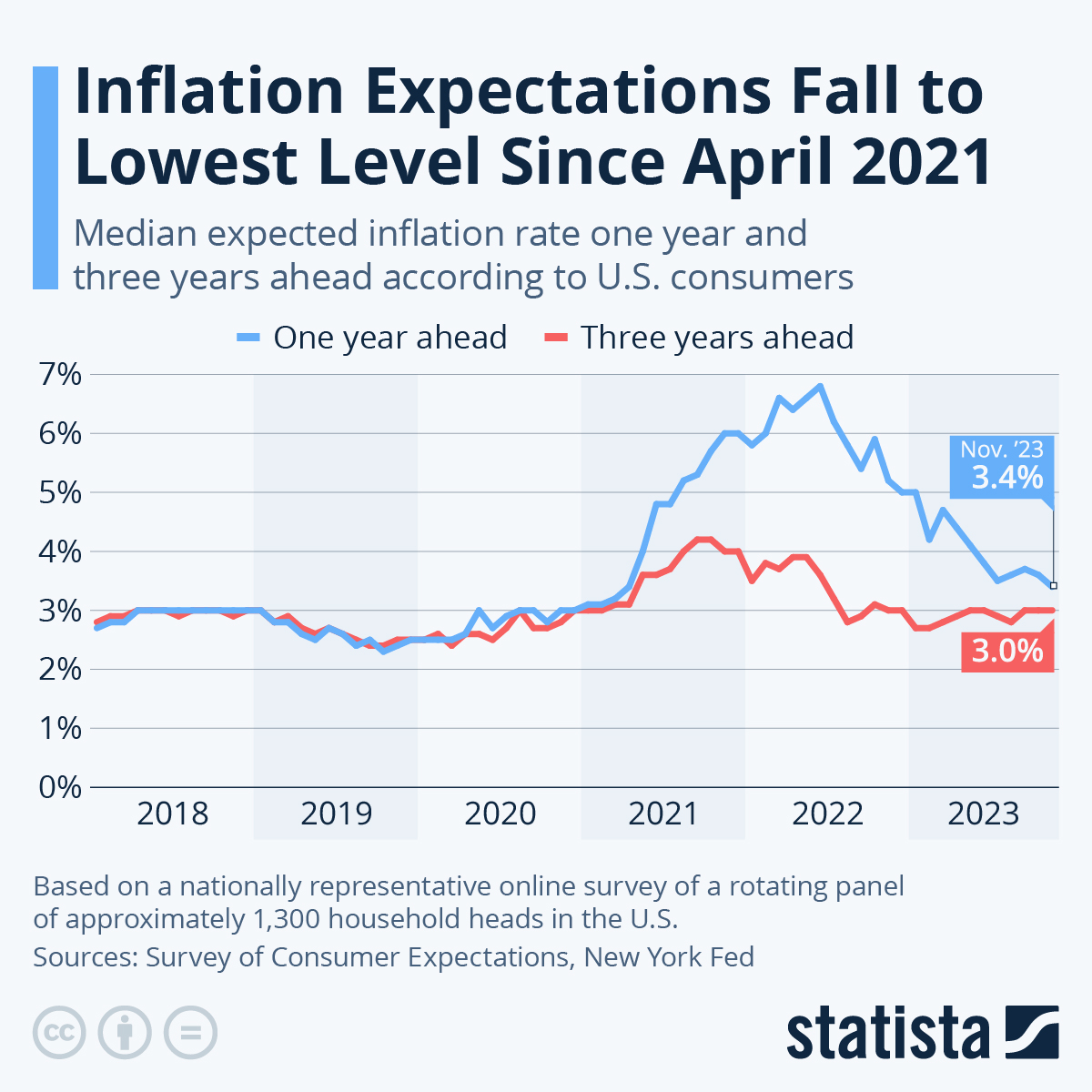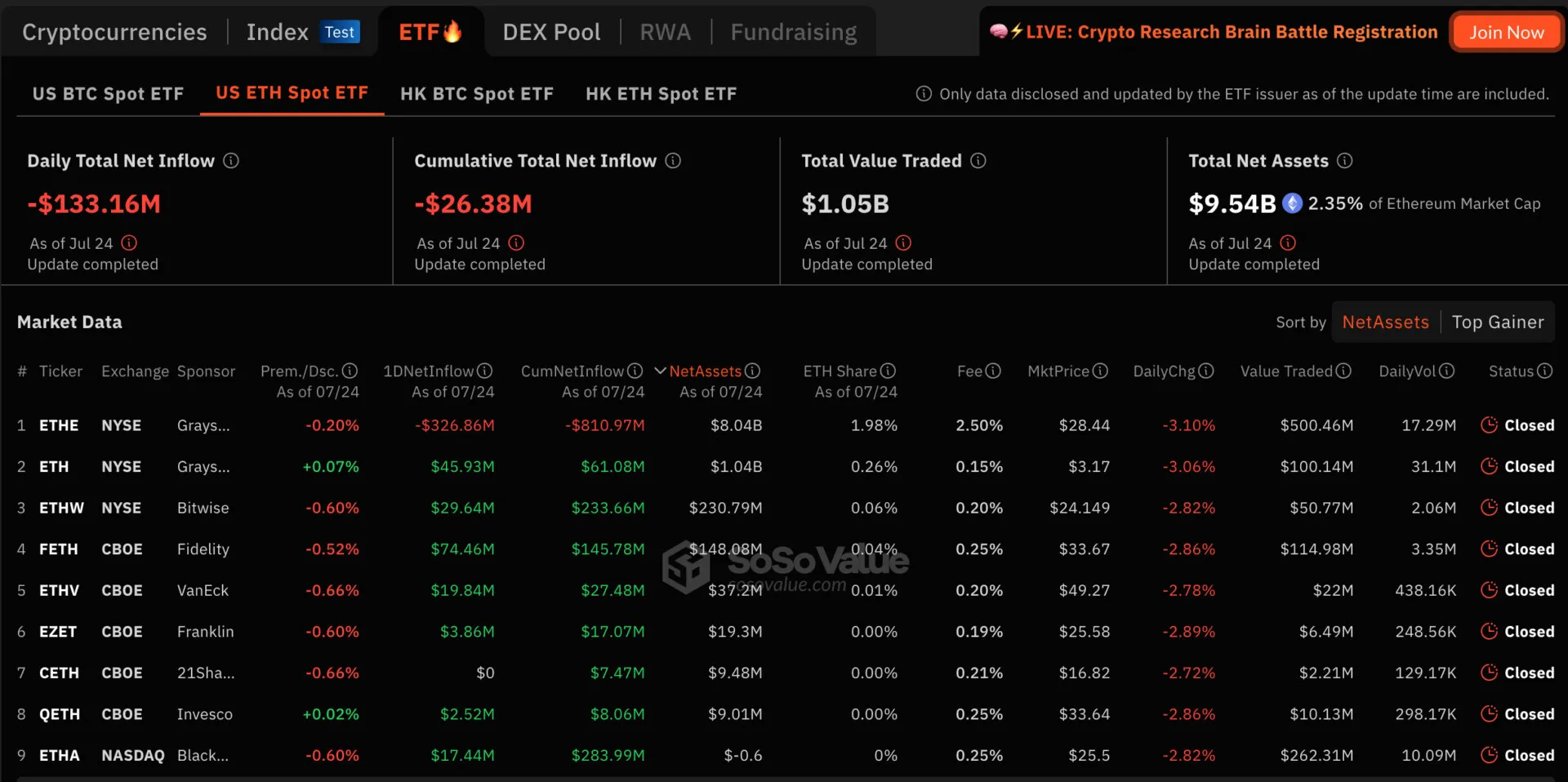U.S. inflation fell to 3% in June, the lowest it’s been since April 2021. This sharp decline adds to the evidence that high inflation is finally easing.
The Federal Reserve might now be in a better position to lower key interest rates that affect everything from mortgages to credit card payments.
The Consumer Price Index (CPI) showed a 3% rise year over year in June, down from 3.3% in May. Monthly, prices fell by 0.1%, a positive sign compared to the previous months. It’s the first monthly drop in consumer prices since 2020.
Inflation expectations and interest rates
Experts were initially concerned about inflation sticking around longer, but the latest figures bring hope. The unemployment rate, however, has risen to 4.1%, the highest since the pandemic, excluding the 2020 surge.
It’s also the highest since February 2018. While a recession isn’t inevitable, the rising unemployment rate, which has been climbing for three months straight, is worrying.

The Federal Reserve has been debating how quickly to cut interest rates, currently at their highest in 23 years. The inflation drop to 3% in June was faster than economists expected. They had forecasted a 3.1% increase. In May, the increase was 3.3%.
Following the release of these figures, Treasury yields dropped and stock futures rose. Traders are now betting on two interest rate cuts this year. The odds of a September rate cut rose to 92% after the CPI data, up from 72% before.
Fed Chair Jerome Powell told lawmakers that the labor market is showing signs of cooling. He mentioned that officials are concerned about keeping rates too high for too long, potentially squeezing the economy.
His decisions will be made on a “meeting by meeting” basis, he said. The Fed uses interest rates to control economic growth and inflation.

The current federal funds rate is around 5.5%, the highest since before the 2008 financial crisis. By keeping rates high, the Fed aims to cool overall demand for borrowing for goods and services, thereby slowing price increases.
These higher rates have been effective. Annual inflation peaked at over 9% in the summer of 2022 but has now dropped to around 3%. However, it’s been stuck at this level for over a year, just above the 2% target.
Powell mentioned that inflation expectations remain “anchored,” meaning there isn’t an expectation that price growth will accelerate again soon.

Economists say a major reason for this stability is that many consumers are now in a more precarious financial position than they were immediately after the pandemic. This bad news for overall economic growth might continue to help slow price growth.
Traders increased their bets on interest rate cuts following the latest CPI data. Yields on two-year U.S. Treasuries fell by 0.11 percentage points to 4.52%, and S&P 500 stock futures rose.
Reporting by Jai Hamid





